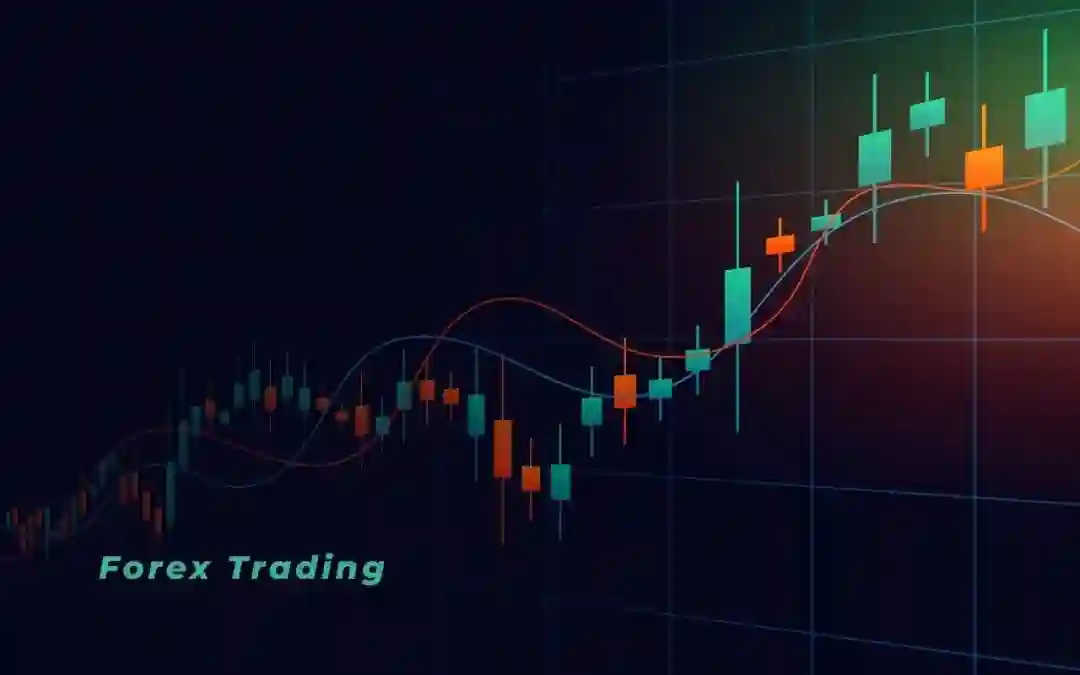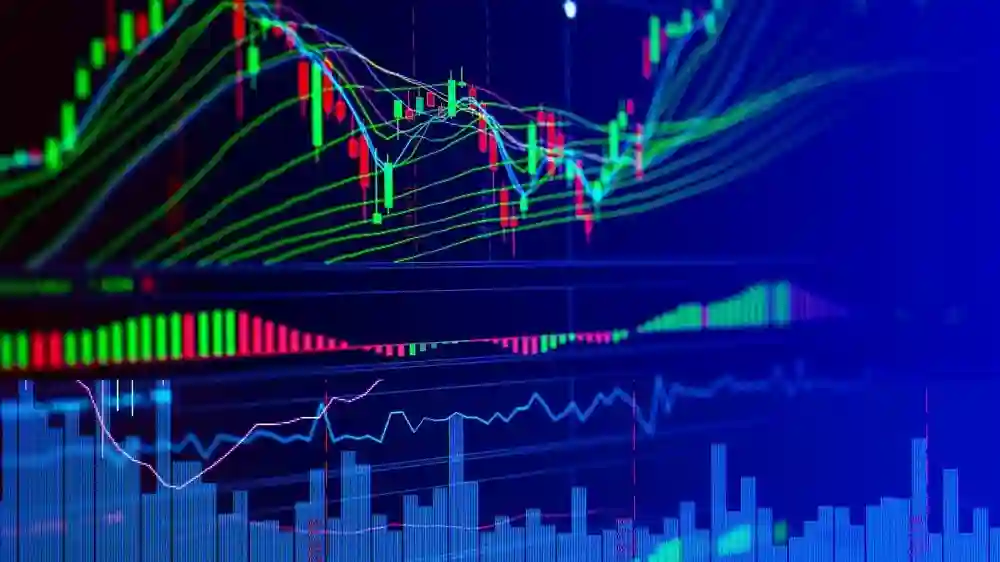
The Ethics of Autonomous Trading: Examining Forex Robots
- Forex & Crypto
- May 5, 2024
- No Comment
- 1122
The proliferation of autonomous trading systems, notably forex robots, raises significant ethical considerations in the financial industry. This article delves into the ethical implications of using forex robots, exploring issues such as accountability, transparency, fairness, and societal impact. By examining the ethical dimensions of autonomous trading, traders and regulators can navigate the complexities of this rapidly evolving landscape and foster responsible practices that uphold integrity and trust in the financial markets.
Forex trading has undergone a technological revolution with the advent of autonomous trading systems, commonly known as forex robots or expert advisors. These systems employ algorithms and artificial intelligence to automate trading decisions, execute trades, and manage portfolios without direct human intervention. While forex robots offer potential benefits such as efficiency, objectivity, and accessibility, their widespread adoption raises ethical questions about accountability, transparency, and fairness in the financial markets. This article explores the ethical dimensions of autonomous trading, focusing on the use of forex robots, and examines the implications for traders, investors, and regulatory authorities.
Accountability and Transparency:
Lack of Human Oversight: Forex robots operate autonomously, making trading decisions based on predefined criteria and algorithms without human intervention. This raises concerns about accountability and transparency, as traders may not fully understand or be able to explain the rationale behind trading decisions made by forex robots.
Algorithmic Bias: Forex robots may exhibit biases embedded in their algorithms, leading to discriminatory or unfair outcomes. Biases can arise from the data used to train the algorithms, the design of the algorithms, or the assumptions underlying the trading strategies. Traders must ensure that forex robots are designed and tested to mitigate biases and promote fairness in trading.
Black Box Trading: Some forex robots operate as “black boxes,” with proprietary algorithms and decision-making processes that are not transparent or accessible to traders. This lack of transparency can erode trust and confidence in autonomous trading systems, as traders may be unable to verify the integrity and reliability of forex robots’ performance.
Fairness and Market Integrity:
Front-Running and High-Frequency Trading: Forex robot capable of executing trades at high speeds may engage in front-running, where they exploit market information to gain an unfair advantage over other market participants. High-frequency trading strategies implemented by forex robots can contribute to market fragmentation, volatility, and instability, raising concerns about fairness and market integrity.
Order Execution and Market Impact: Forex robots executing large orders in the market may have a significant impact on market prices and liquidity, leading to adverse effects such as price manipulation, slippage, and order book congestion. Traders must consider the potential market impact of forex robots’ trading activities and implement risk management measures to mitigate adverse effects on market integrity.
Insider Trading and Information Leakage: Forex robots may inadvertently access or use non-public information to inform trading decisions, leading to potential violations of insider trading regulations and ethical norms. Traders must ensure that forex robots operate within legal and ethical boundaries, avoiding the use of confidential or privileged information to gain an unfair advantage in the market.
Societal Impact and Systemic Risk:
Market Fragmentation and Efficiency: The widespread adoption of forex robots may contribute to market fragmentation, as trading activity becomes dispersed across multiple autonomous systems and platforms. While fragmentation can enhance market efficiency and liquidity in some cases, it may also lead to challenges such as reduced price discovery, increased volatility, and decreased market transparency.
Systemic Risk and Contagion: The interconnectedness of financial markets and the proliferation of autonomous trading systems can amplify systemic risks and contagion effects. Malfunctioning or rogue forex robots may trigger cascading effects, leading to market disruptions, flash crashes, and systemic instability. Traders and regulators must monitor the systemic risks associated with autonomous trading and implement safeguards to prevent and mitigate systemic crises.
Ethical Considerations in Innovation: As the financial industry continues to innovate and adopt new technologies, ethical considerations must guide the development and deployment of autonomous trading systems. Traders, investors, and regulatory authorities must balance the potential benefits of forex robots with the ethical implications, ensuring that innovation is driven by principles of integrity, fairness, and social responsibility.
Conclusion:
The use of forex robots and autonomous trading systems in the financial markets raises important ethical considerations that warrant careful examination and discussion. Traders, investors, and regulatory authorities must address issues such as accountability, transparency, fairness, and societal impact to foster responsible practices and uphold integrity and trust in the financial markets. By promoting ethical standards and ethical behavior in the development, deployment, and regulation of autonomous trading systems, stakeholders can navigate the complexities of autonomous trading and ensure that innovation serves the best interests of society as a whole.


